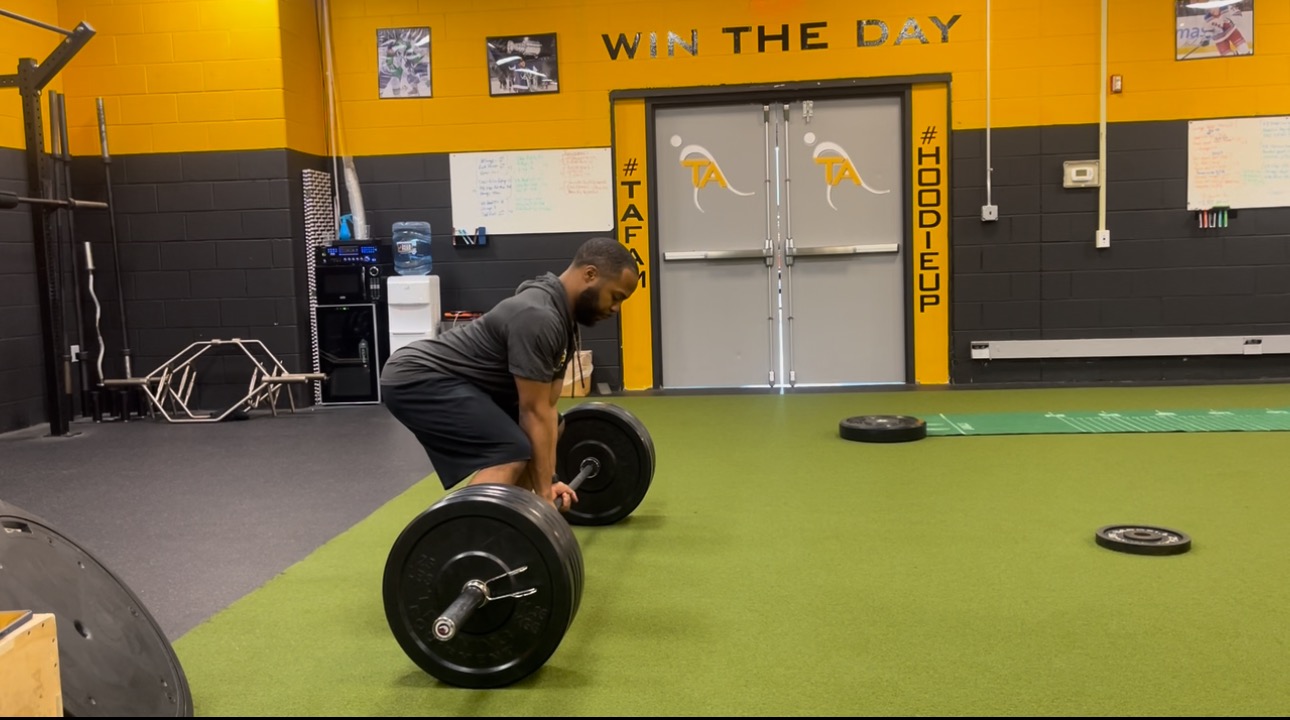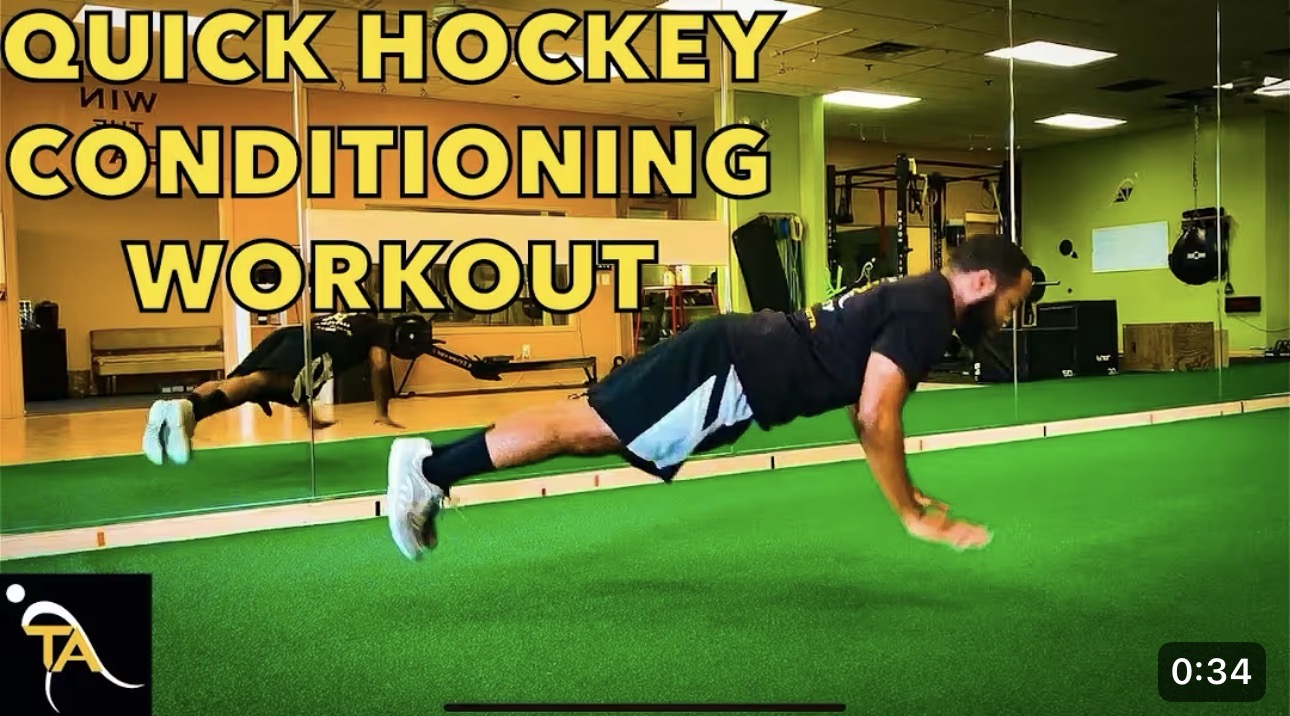When athletes aim to increase their weight, it’s crucial to consider several key factors. Three primary questions often arise: How will this weight gain affect my performance? Am I aiming to maintain weight while losing fat? Or, am I seeking to build muscle, which will inevitably lead to overall weight gain?
Setting Your Weight Gain Goals
Before deciding to gain weight, it’s essential to understand why. Will adding weight benefit your performance or your specific role in a sport? How much weight gain will be optimal? There’s no one-size-fits-all answer—trial and error may be necessary to determine whether gaining or maintaining weight is more beneficial for an athlete. Importantly, avoid focusing on weight gain during the competitive season, as it can negatively impact your performance. The offseason is ideal for experimenting with weight changes to assess how they affect your power, explosiveness, and overall feel during practice.
Maintaining Weight While Losing Fat
When athletes talk about “gaining weight,” they often mean they want to improve their body composition—becoming leaner, more muscular, and better able to handle physical demands. From a performance perspective, staying lean and minimizing excess body fat is typically advantageous, except for specific roles like a lineman in football. A key strategy for maintaining weight while losing fat is to increase protein intake to optimal levels, usually determined by your body weight.
Building Muscle to Increase Overall Weight
It’s a common misconception that two people of similar height and build will weigh the same. In reality, the individual with more muscle mass will weigh more. How? Because muscle is denser and more compact than fat, making it heavier by volume. When aiming to increase muscle mass for enhanced performance, elite athletes must be particularly mindful of their diet compared to someone who simply needs to gain weight. To maximize performance, find the right dietary balance that supports your specific athletic goals.
Bringing it All Together
In summary, effective weight gain for athletes’ hinges on understanding your specific goals—whether it’s enhancing performance by adding muscle, maintaining weight while losing fat, or a combination of both. Tailoring your diet and training to meet these goals during the offseason allows for optimal adjustments, ensuring you can achieve peak performance when it matters most.
#unleashthepotential
Written by:
Darrid Watson, CSCS, NSCA-CPT
Take action… Now!
Visit us: Inside of the Flyers Training Center 601 Laurel Oak Rd. Voorhees, NJ 08043



